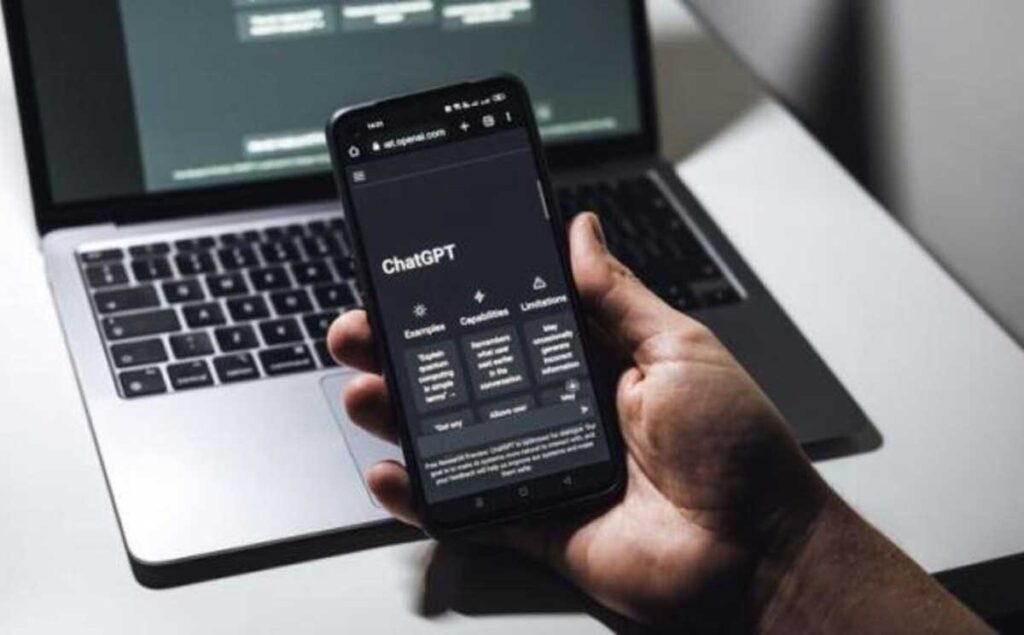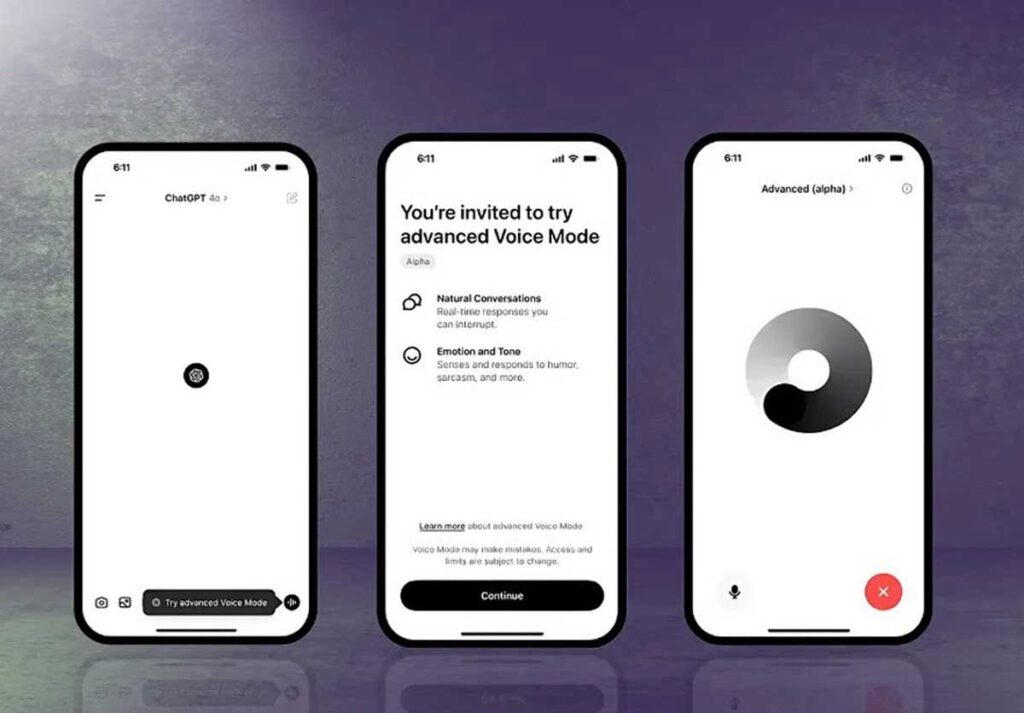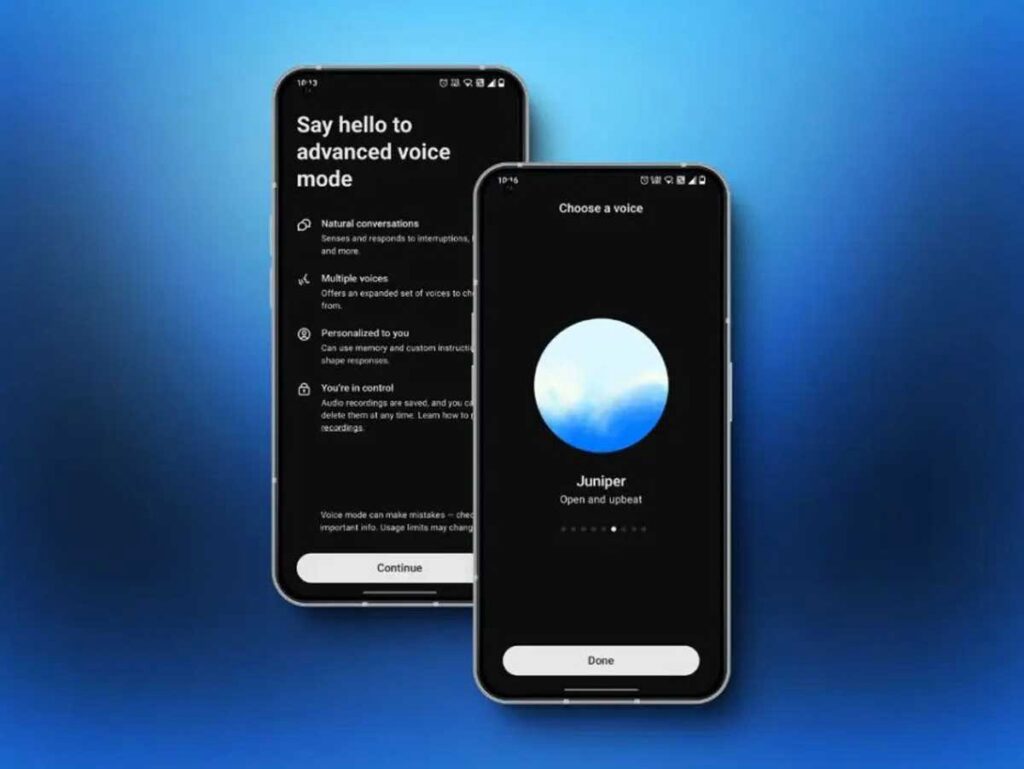OpenAI is releasing a much-anticipated new voice assistant to all paid users of its chatbot ChatGPT, four months after the artificial intelligence company unveiled the feature at a product launch event.

OpenAI is a research laboratory focused on the development and promotion of artificial general intelligence (AGI). It is a non-profit organization founded in 2015 by Elon Musk, Sam Altman, Greg Brockman, Ilya Sutskever, and Wojciech Zaremba.
Key aspects of OpenAI include:

AI Research: OpenAI conducts cutting-edge research in various areas of AI, including machine learning, natural language processing, and reinforcement learning. His work has resulted in the creation of advanced models such as GPT (Generative Pre-trained Transformer) and CODEX.
AI products: OpenAI has developed products such as ChatGPT (conversational AI), OpenAI Codex (for coding), and DALL·E (image generation based on text prompts). These products allow users to interact with AI in creative, practical, and innovative ways.
Ethical AI: OpenAI is committed to ensuring that the development of artificial intelligence is consistent with human values and remains safe and beneficial to humanity. They focus on transparency, fairness, and security in AI development.
Open and collaborative: Although initially founded as a nonprofit, OpenAI transitioned to a “capped-profit” model to attract more funding while focusing on its long-term mission. They maintain partnerships with academic institutions, companies, and governments to promote collaboration in AI research.
Expanding AI capabilities: OpenAI has developed increasingly sophisticated AI models, such as GPT-3, which powers ChatGPT. These models are trained on large datasets and have wide applications in industries like customer service, education, and content creation.

OpenAI is releasing a much-anticipated new voice assistant to all paid users of its chatbot ChatGPT, four months after the artificial intelligence company unveiled the feature at a product launch event.
The San Francisco-based startup said it has rolled out the option known as Enhanced Voice Mode for ChatGPT Plus customers and users of its ChatGPT Teams service for businesses. The company said that enterprise and edu-paid users will start getting access to the feature next week.
OpenAI first teased the voice product in May, showing how it could instantly respond to users’ written and visual signals with a spoken voice. But the next month, OpenAI delayed launching the option to work on potential security issues. In July, OpenAI rolled out the feature to a limited number of its ChatGPT Plus customers.

After the delay, OpenAI said the product would not be able to mimic other people’s conversations. The company also said it has added new filters to ensure that the software can recognize and reject certain requests to generate music or other forms of copyrighted audio.
However, the new voice assistant lacks many of the capabilities originally showcased by the company. For example, the chatbot currently can’t access the computer-vision feature that would let it offer spoken feedback on a person’s dance moves using their smartphone’s camera.
As part of the expanded rollout, OpenAI said it is adding five new voices to the feature, bringing the total number that users can choose from to nine. New options include sounds with mysterious, woody names, such as Arbor, Spruce, and Maple.

